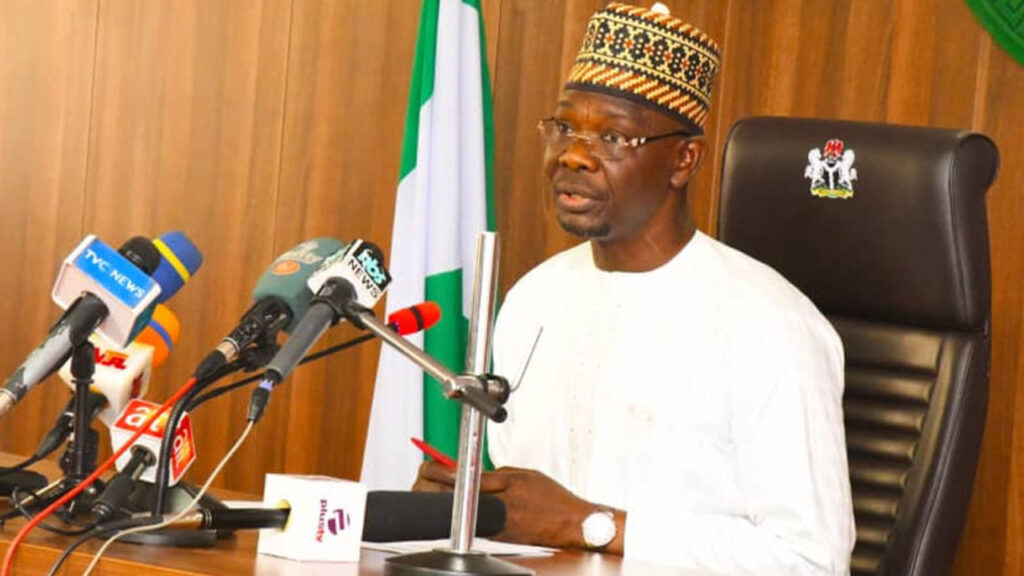- Abdullahi suggested that the country should search inwardly to make mining a source of revenue, pointing out that Nasarawa is among four states contributing over N1bn to the federation account each.
- The President of COREN, Engr Sadiq Abubaka, on his part, explained that it has developed a technique to investigate the issues making building collapse thrive in the country.
Sule Abdullahi, the Nasarawa state governor, has expressed disappointment over Nigeria’s low electricity generation.
Abdullahi’s dismay comes after the country’s electricity generation remains below 60,000 megawatts, falling short of the targeted 50,000MW by 2020, despite earlier ambitious plans to achieve this goal.
The governor said this at the 32nd Engineering Assembly organised by COREN, adding that the 50,000MW electricity target was part of Nigeria’s Vision 20:2020, aimed at becoming one of the world’s top 20 economies.
“We know about the various power challenges in the country, in the year 2009 when the vision 20:2020 was formed, I was in the power committee, we were generating about 6,000MW of power, we made a commitment and say that either from hydro, gas turbines and other areas of power production, we were going to be producing 50,000MG of power by the year 2020 and we will be the 20th economy,” he said.
The governor decried that 15 years after the initial target, Nigeria still generates less than 6000MW of electricity, a far cry from the projected goal.
He stressed the need for Nigeria to transition from fossil fuels to cleaner energy sources, which are abundant in the country, and also explore mining as a revenue source.
He, however, cited Nasarawa state’s significant contributions to the federation account.
The President of COREN, Engr Sadiq Abubaka, on his part, explained that it has developed a technique to investigate the issues making building collapse thrive in the country.
He said that for the first time in this country Nigerians are going to x-ray the sector that allows building collapse to thrive, adding that they have developed a technique that is very comprehensive and will allow them to track who is doing what at what point.
The Minister of Housing and Urban Development, Ahmed Musa Dangiwa, explained that the standards COREN sets and the professional ethics it enforces are critical to ensuring the quality, safety, and resilience of housing and infrastructure projects across the nation.
